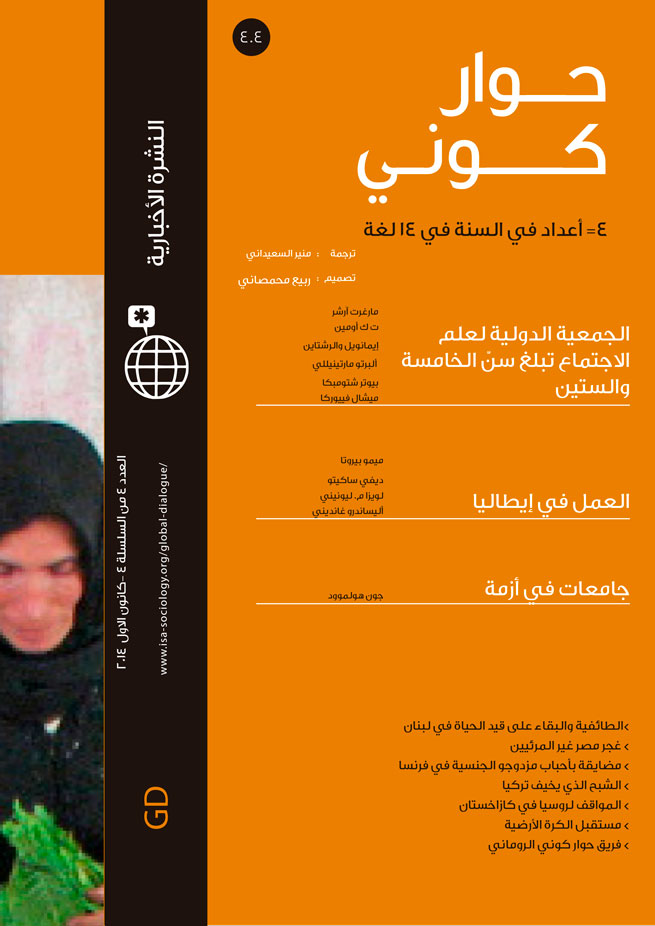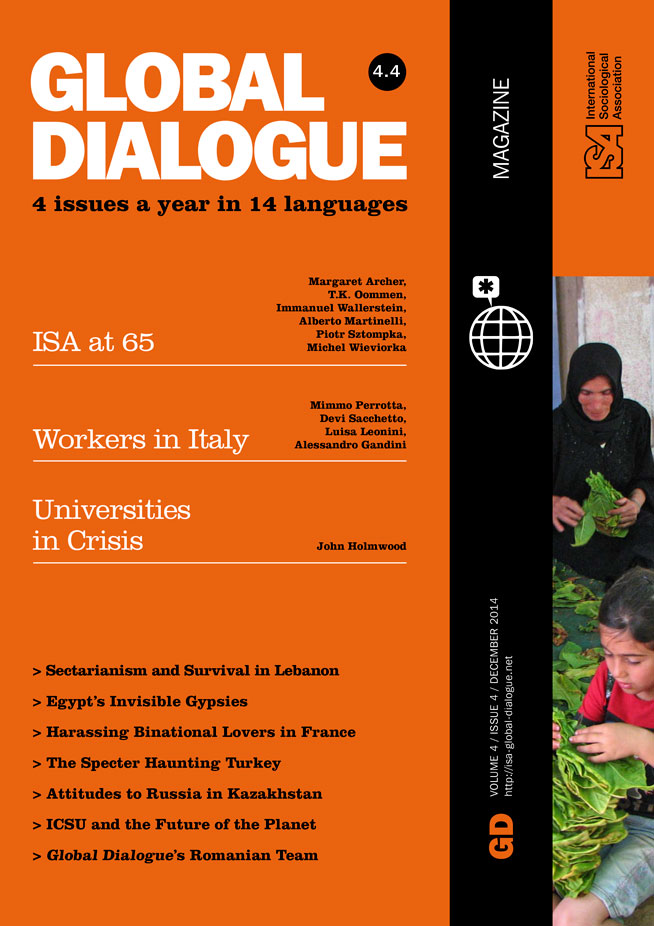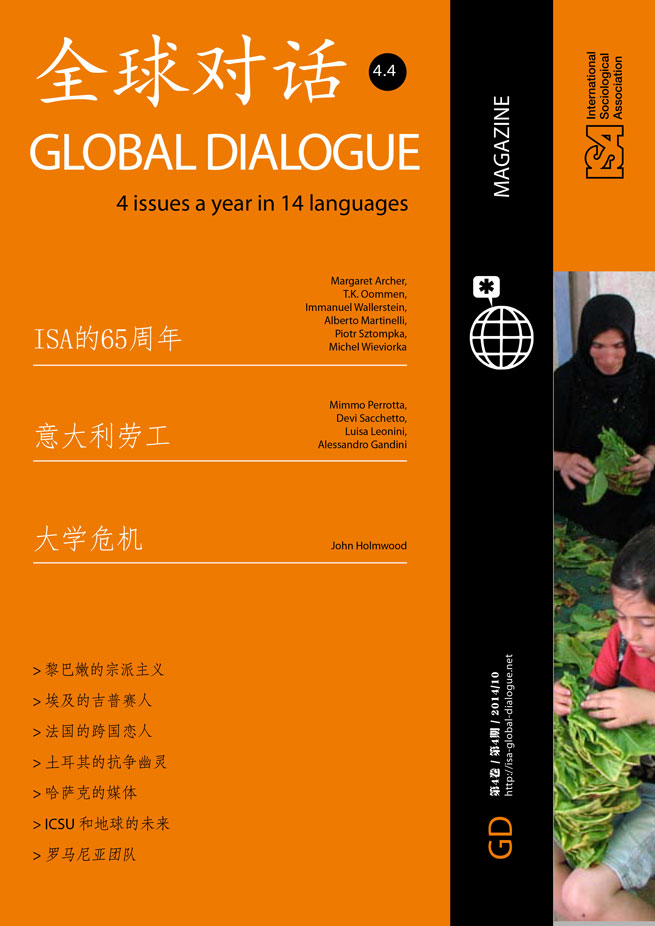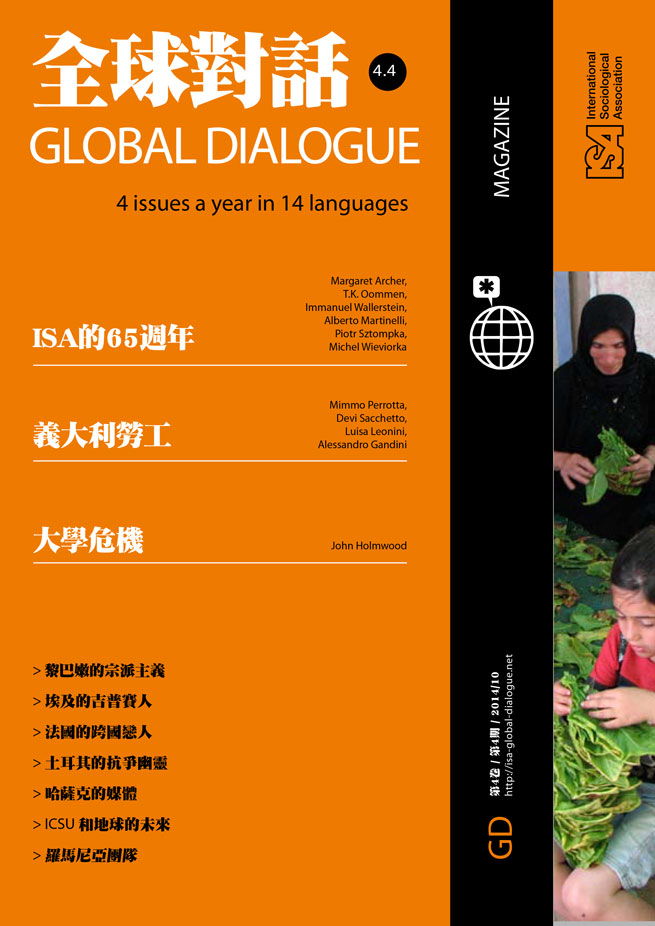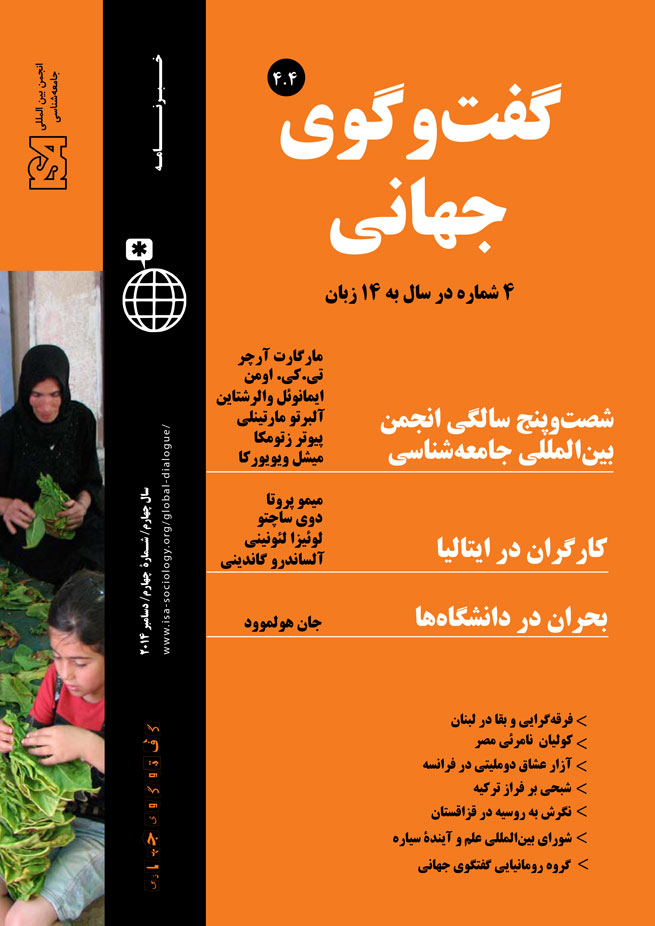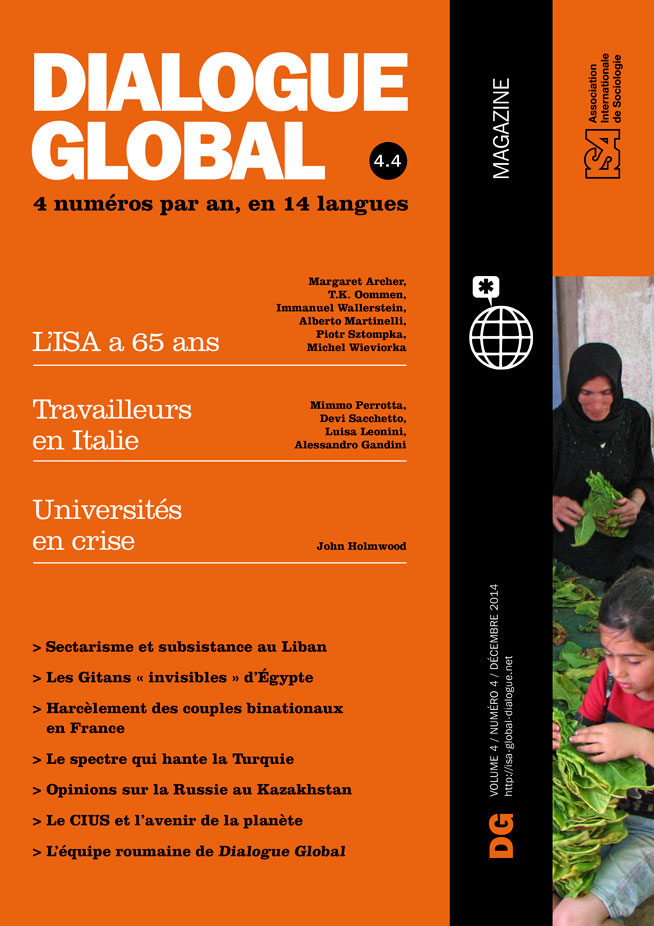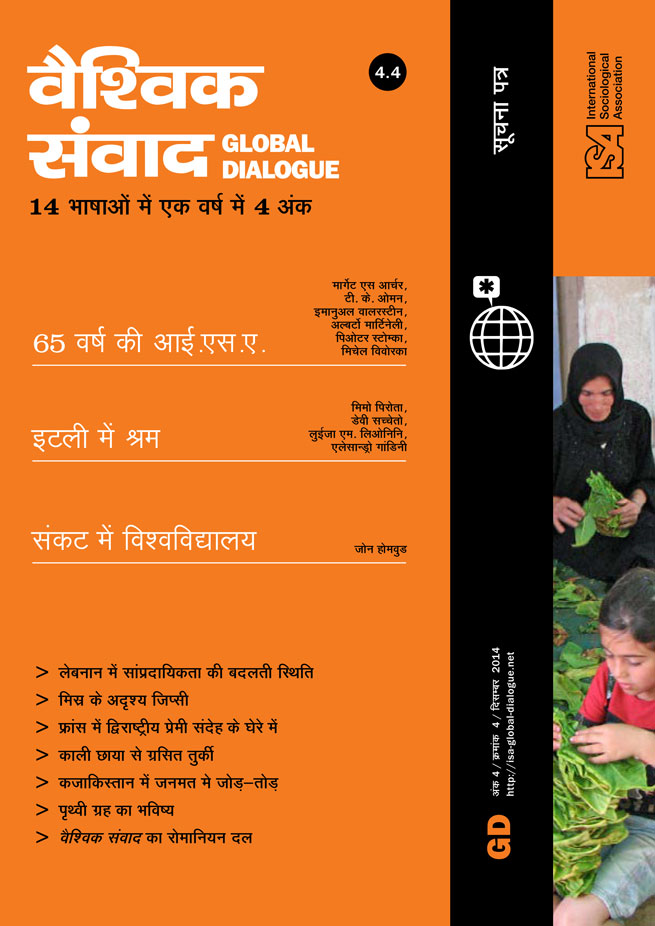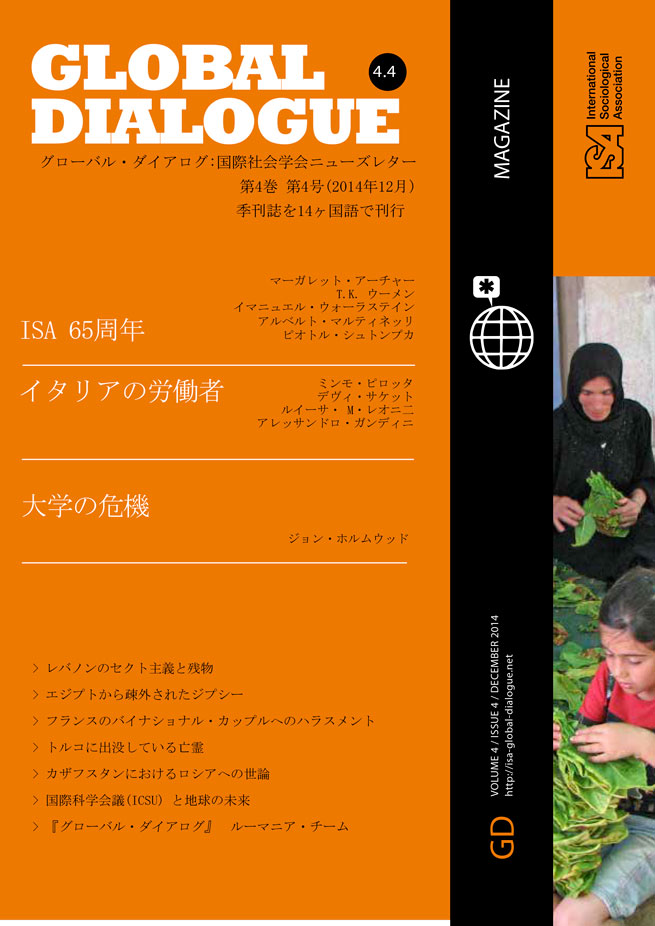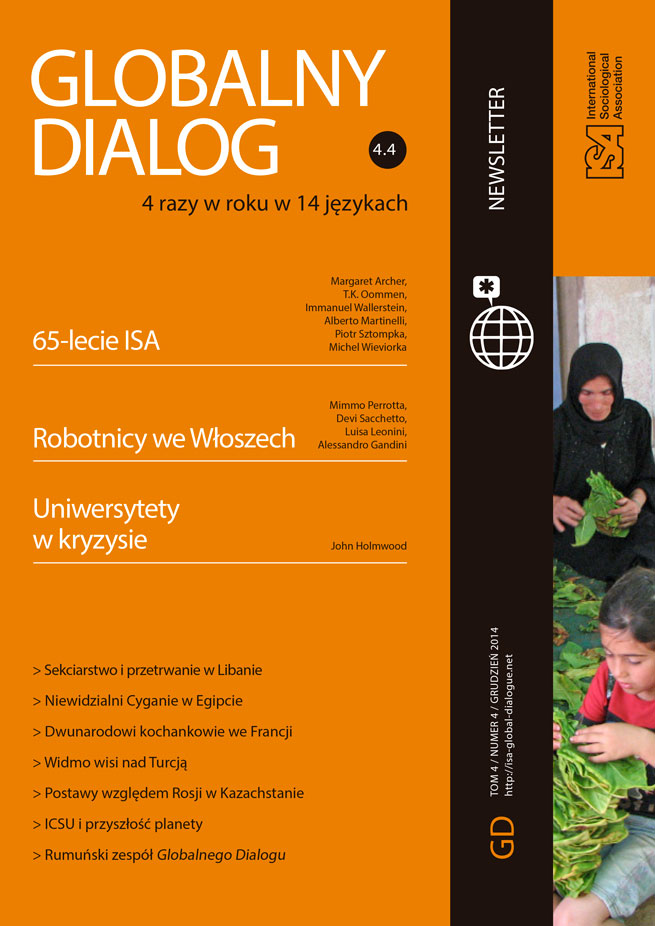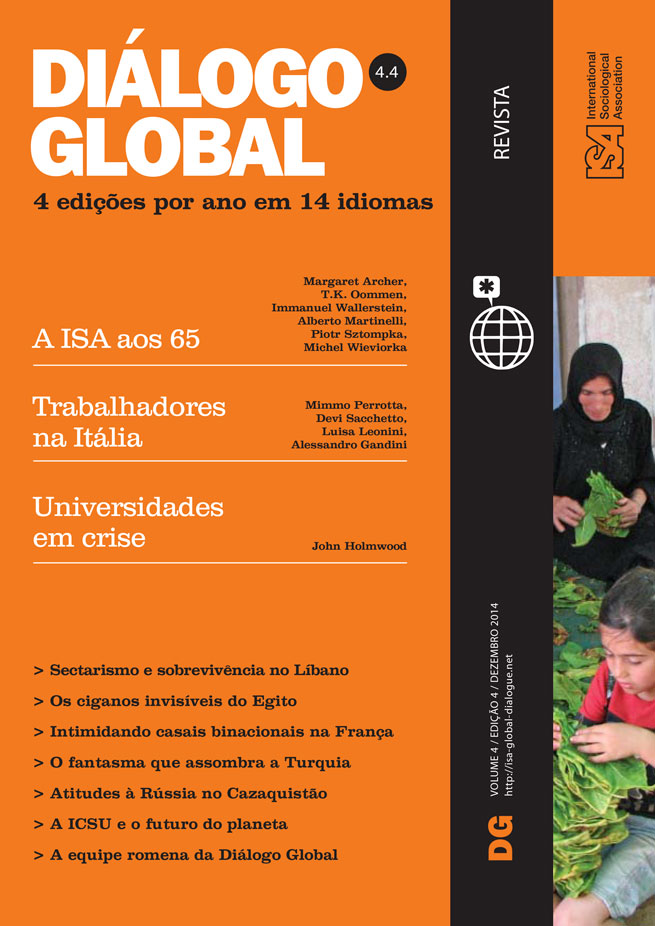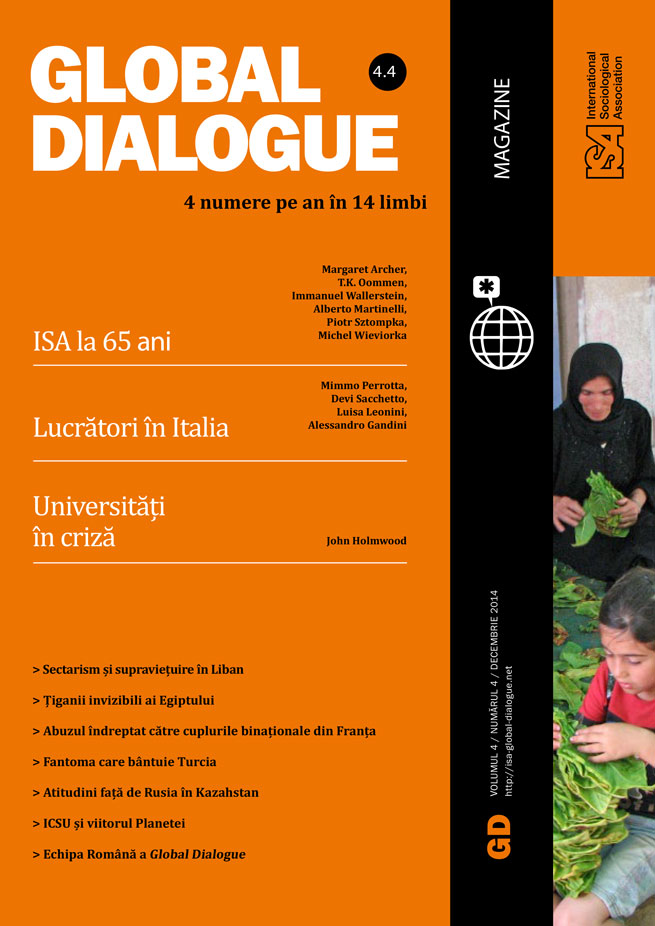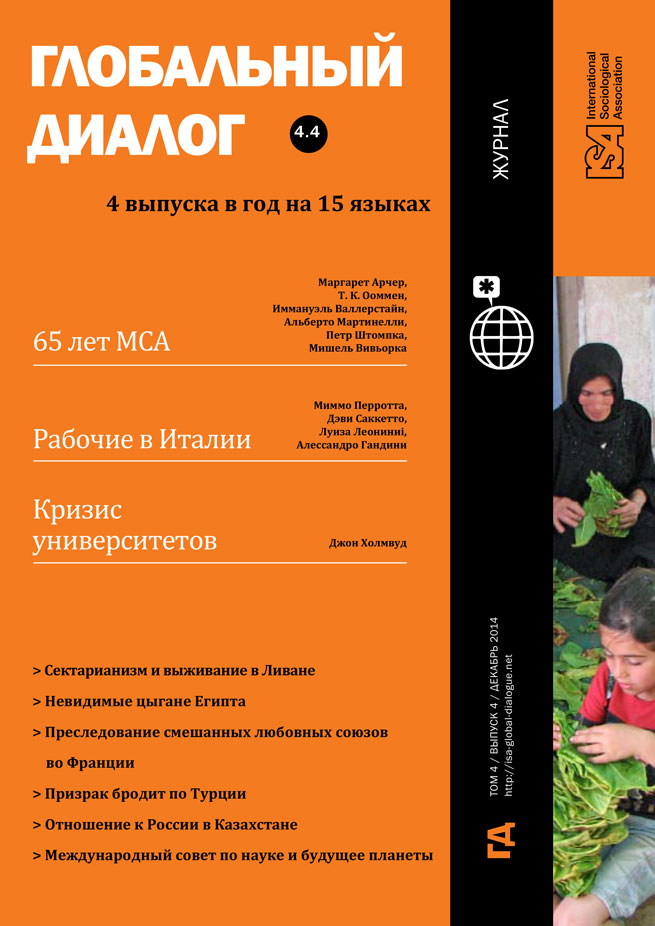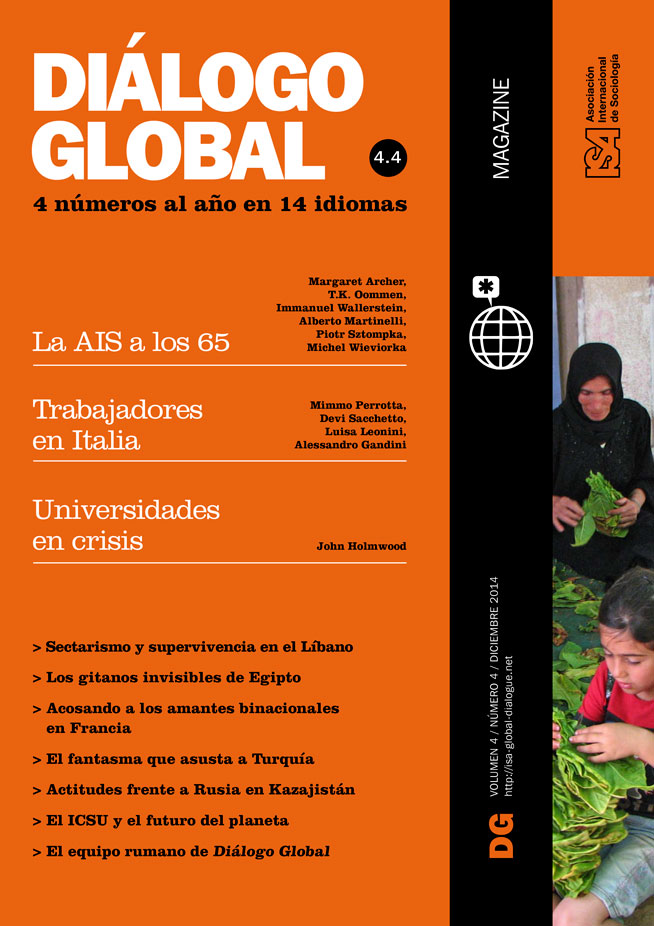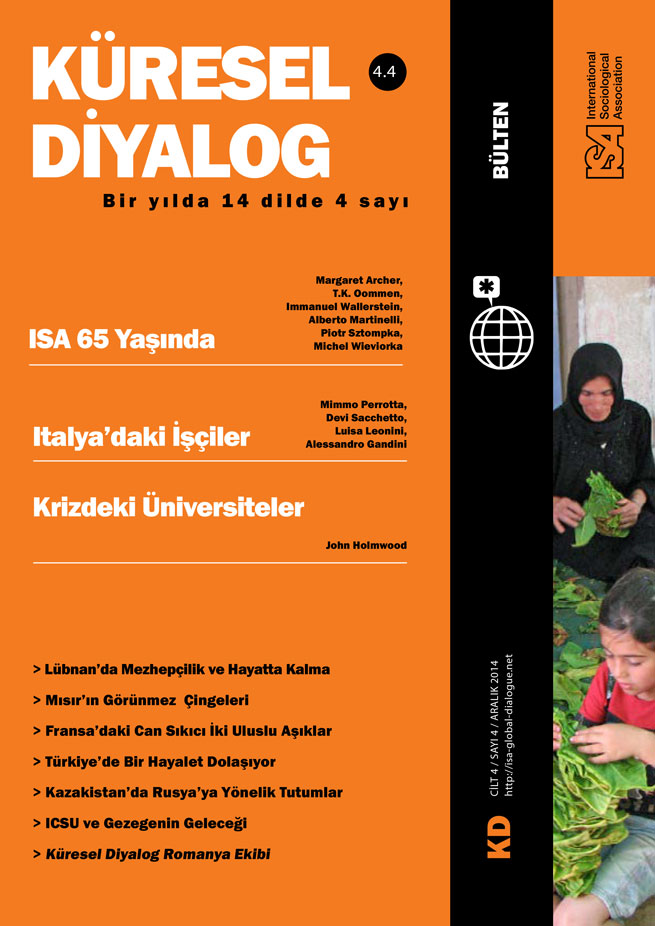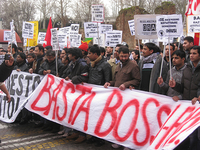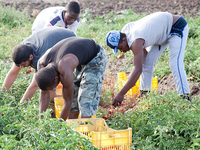How Young Italian Men Cope with the Economic Crisis
December 12, 2014
Michael, 22 years old, has been employed for almost a year in a well-known wine house in a now fashionable area of Milan. Working as a waiter with a fix-term contract, he found this job through social networks: his father works as a clerk in a shop in the same city area. Although his main job consists of “preparing appetizers,” Michael feels he is “growing,” and becoming more and more expert and knowledgeable in his field. In particular, Michael expressed his appreciation for his employer who is teaching him the basics of becoming a sommelier – a wine steward. In Michael’s view, this job is the first step toward entering a professional course to get formally qualified as a sommelier. Overall, Michael is satisfied with his current work, which allows him to save something each month and to think that some day he might open a business of his own.
During the interview Michael was asked how he understands adulthood, which he described in the following passage:
Michael: Becoming adult, means, first of all, responsibility. Being responsible. Because everyone can say, “I am an adult, I am 21, I have a car.” But it doesn’t mean anything! You are not an adult as long as you don’t know well what you want to do with your life. You are not an adult as long as you don’t… I don’t know how to say it… for me adulthood is about work, you know, work and responsibility, within the family. Compared to the rest of my friends, for example, I think I am more mature.
Researcher: What do you mean by mature?
Michael: Being mature means also being adult for me… Because I take care of my family, I pay the bills, I take care of my sister’s little children, I cook, I clean at home and I work! Few guys of my age do that, you know! But, most important I have ambitions, because I want to open my own business and I am trying to do everything to set up things in order to achieve that result.
Michael, like other respondents, defines adulthood in relational terms, as the capacity to take care of others, to accept responsibility for himself and for his family. This narrative of adulthood is counter-posed to the frivolities of youth in the fields of consumption and social activities. The traditional “package deal” that defines a respectable adult man in terms of work, family and parenthood, has a significant hold on Michael’s views. This peculiar narrative is, however, strengthened by the peculiar position he occupies in his family: due to the separation of his parents and to the early pregnancy of his sister, Michael perceives himself as the member of the family most equipped to contribute to the family’s well-being. Within a contextual frame that makes it relatively difficult for him to experience the youthful frivolities which characterize his friends’ lives – and since he has been able to hold down a relatively stable and well-paid job – Michael sees the difficulties and the effort demanded by his family role as valuable markers of adulthood and manhood.
Compared to most of his friends, Michael occupies a relatively privileged position within the labor market in the context of the economic crisis, which allows him to save, and to imagine a future where saving will be translated into economic and symbolic capital.
A second group of our interviewees see adulthood very differently. In contrast to Michael, they define adulthood in terms of attaining autonomy in the field of leisure and consumption, rejecting the idea of saving, stressing that becoming a man means learning to “get by” every day, to cope with uncertain and precarious living and working conditions. Although their discursive positions shift somewhat, since they also value traditional adulthood, this group is keen to stress that becoming adult means acquiring an awareness that “every day could be your last.” Like the previous group, these young men are characterized by low educational achievement (and often by an educational trajectory marked by interruptions); in general, they work in economic sectors that have been more affected by the recession’s negative consequences, or in low-skilled occupations such as construction workers, janitors, waiters, removers, etc. that suffer from high levels of precarity.
Our hypothesis, although it needs to be investigated further, is that for this group, entrance into adult life has been defined in terms of the possibilities open to them. Federico: I work ten hours a day, five days a week. It’s ten hours more than what my contract says. And you know how much I earn? 600 euros a month. I don’t see any prospect in the hair-dressing sector unless you open your own business. Ok, it’s only one year that I have been working there, but my colleague, she’s been working there for 18 years and she is earning 1,300 euros, and you don’t make a living on 1,300 euros! Researcher: What do you do with the money you earn?
Federico: First, I bought a car! Then I spent my money on clothes. You see something you like and you buy it, I don’t think too much about it… I sweat to earn that miserable salary. It’s my money, so I go and buy something…
Researcher: Do you manage to save anything?
Federico: If I manage to save something, I use it for tattoos, which is my passion. I hope to have a tattoo on my full arm, but you know, tattoos cost money [laughing].
For this latter group of young workers, consumption and leisure are important fields of investment, allowing them to develop adult identities in individualistic terms, through a sense of competence and increased autonomy. While it may seem contradictory that lower wages and lower future working perspectives lead these young people to exalt consumption and the inability to save, given the field of possibilities and constraints open to them, perhaps consumption is the major space where these young adults can acquire self-worth and recognition, where they may experience an adult-like feeling of competent independence and autonomy.
Luisa M. Leonini, University of Milan, Italy <luisa.leonini@unimi.it>

